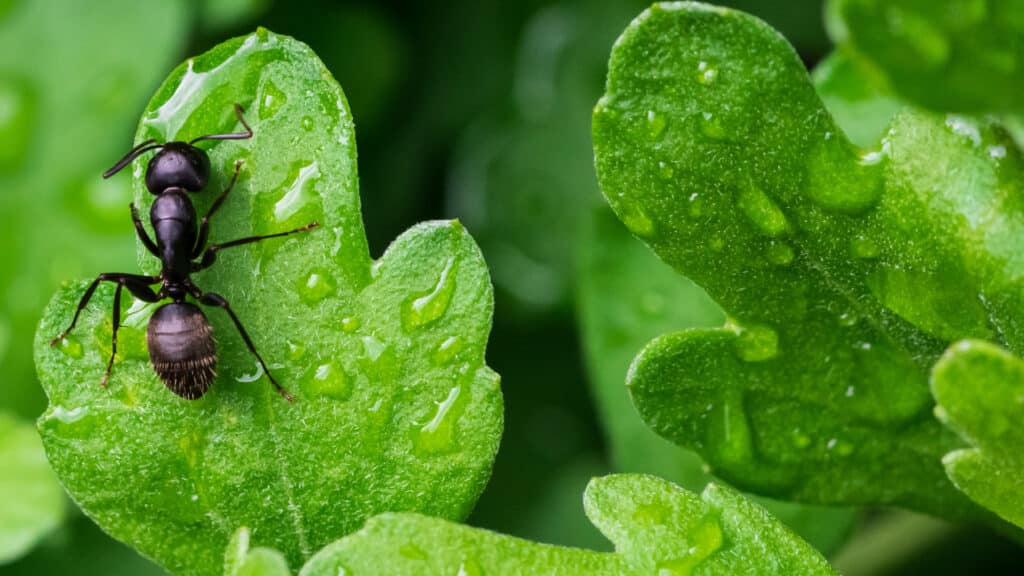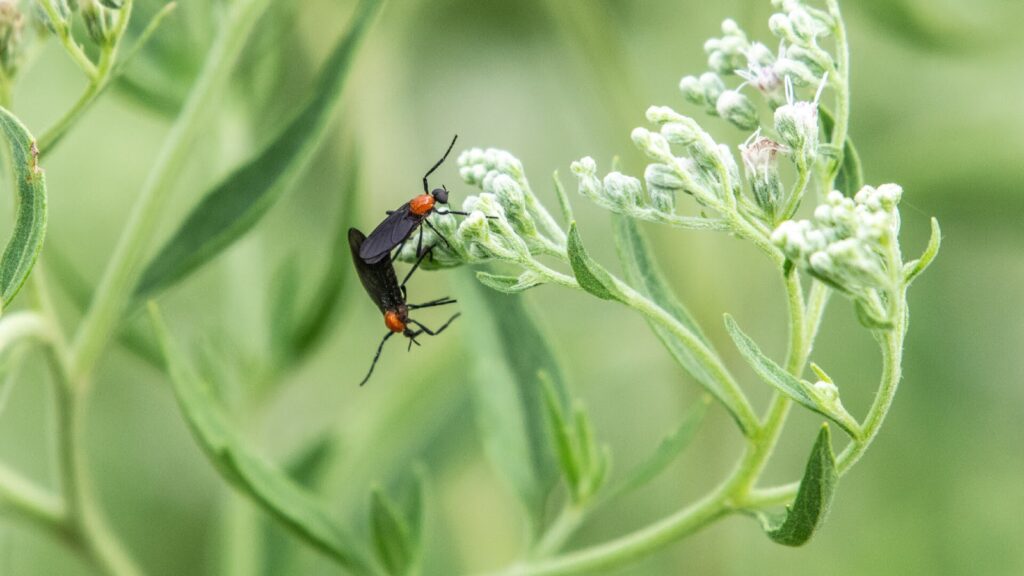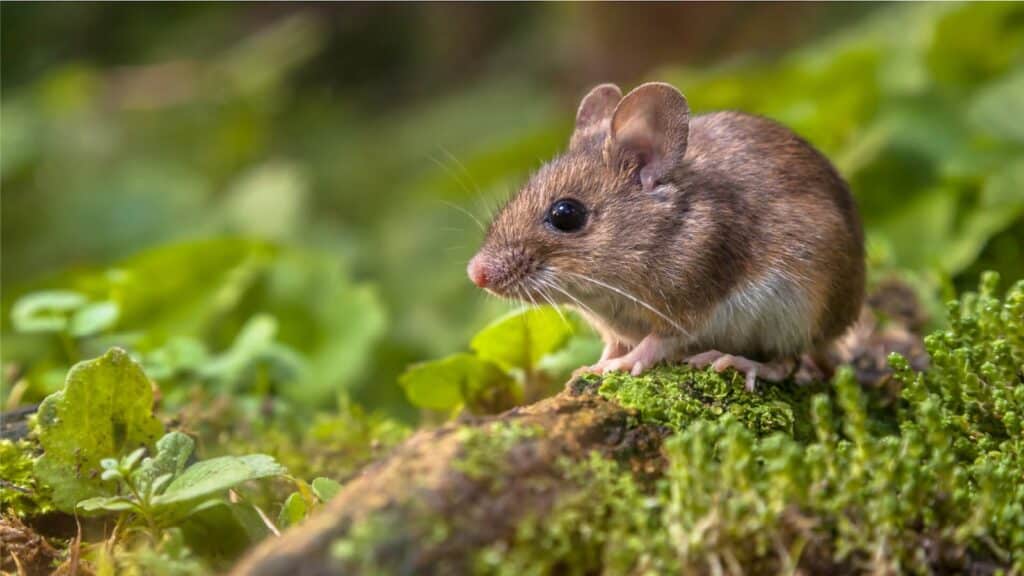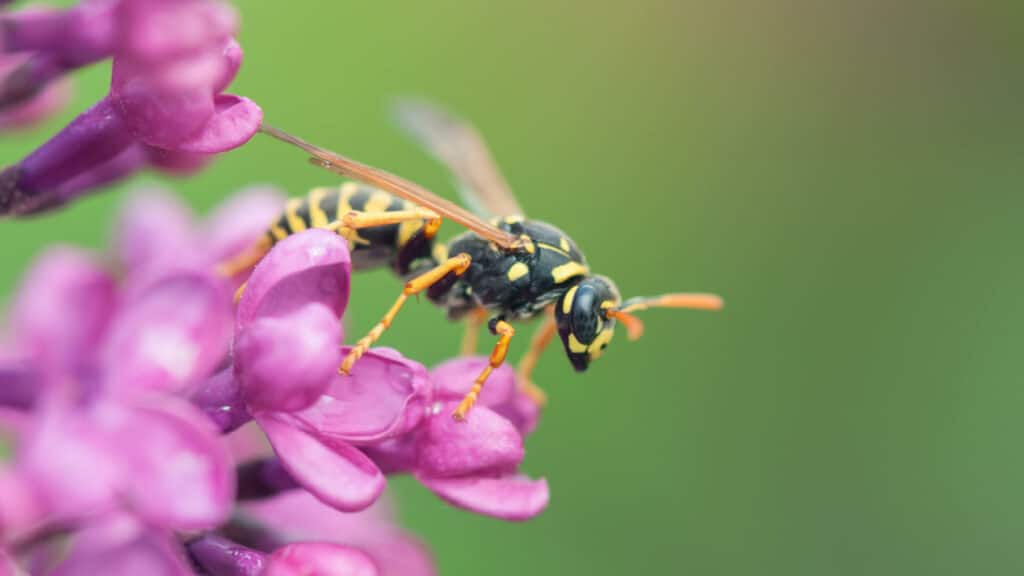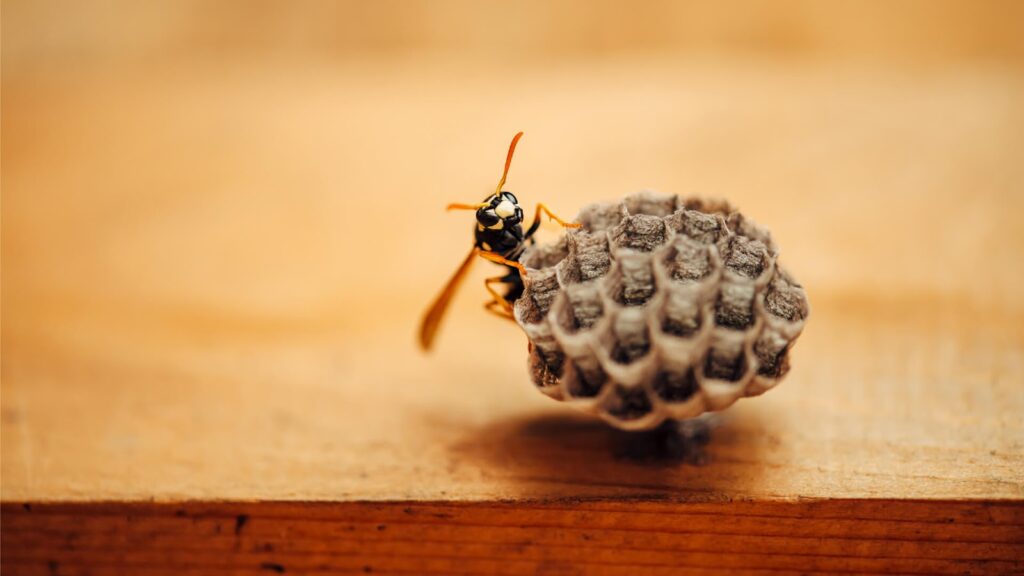For most people, scorpion stings are rarely fatal. However, they can certainly be painful. While healthy adults don’t typically need professional medical attention for a scorpion sting, other groups of people can be at risk. Young children, the elderly, and those with weakened immune systems can experience severe signs and symptoms if stung by a scorpion. If a scorpion stings you or a loved one, it’s always a good idea to err on the side of caution and seek medical attention.
Scorpion Sting Symptoms
Around the world, there are a number of scorpions that can produce venom potent enough to be fatal. In the U.S., there is only one species, the bark scorpion, with venom potent enough to cause concern. Most of the time, one will experience localized signs and symptoms when stung by a scorpion. Warmth, pain, tingling, and slight swelling at the site of the sting are all common symptoms of a sting. However, not all of these signs may be present. It is common to experience only one or two of these symptoms.
As noted previously, symptoms may be more severe in certain individuals. If a child or elderly person experiences the following symptoms, you should get them medical attention immediately.
- Difficulty breathing
- Convulsions
- Accelerated heart rate
- Nausea and vomiting
- Excessive sweating
- Drooling
- Uncontrollable crying or extreme agitation (in children)
Additionally, it is possible for individuals to experience an allergic reaction from a scorpion sting. Just as with bees and wasps, a scorpion sting can cause anaphylaxis. If an individual has trouble breathing, vomiting, nausea, or breaks out into hives, they could be experiencing anaphylaxis. You should get this person medical attention right away if you notice any of these signs or symptoms.
Scorpion Sting Treatment
Treatment for a scorpion sting depends on the severity of the symptoms. If an individual is experiencing an allergic reaction or complications from scorpion venom, his or her treatment will be different from someone experiencing mild, localized symptoms.
For healthy adults, medical attention is likely not necessary. More often than not, you can treat a scorpion sting by using mild soap and water to clean the sting site, applying a cold compress to reduce pain and swelling, and taking an over-the-counter pain reliever. If the symptoms are severe, you may need to go to the hospital in order to receive proper treatment. There, a doctor will be able to determine whether you are experiencing the effects of venom or are experiencing an allergic reaction. Depending on the diagnosis, an IV with fluids and drugs may be needed for treatment.
If you know that you are allergic to insect bites and stings, carrying an epinephrine injector is always a good idea.
Preventing Scorpion Stings
If you live in an area where scorpions are prevalent, there are some preventative measures you can take in order to reduce the risk of getting stung. They are as follows:
- Keep rock and lumber piles to a minimum in your yard
- Place firewood away from your house
- Mow grass frequently and don’t let yard become overgrown
- Trim shrubs and trees back regularly
- Apply weather stripping around doors and windows
- Repair any torn screens and fill any cracks or crevices with caulk
- Always inspect and shake out shoes and outdoor gloves before putting them on
- If camping, check your tent and sleeping bags before settling in
If you do find a scorpion in your home, yard, or surrounding environment, never try to pick it up with your hands. Instead, use a pair of tongs or some other tool to move the scorpion away from pets or people.
